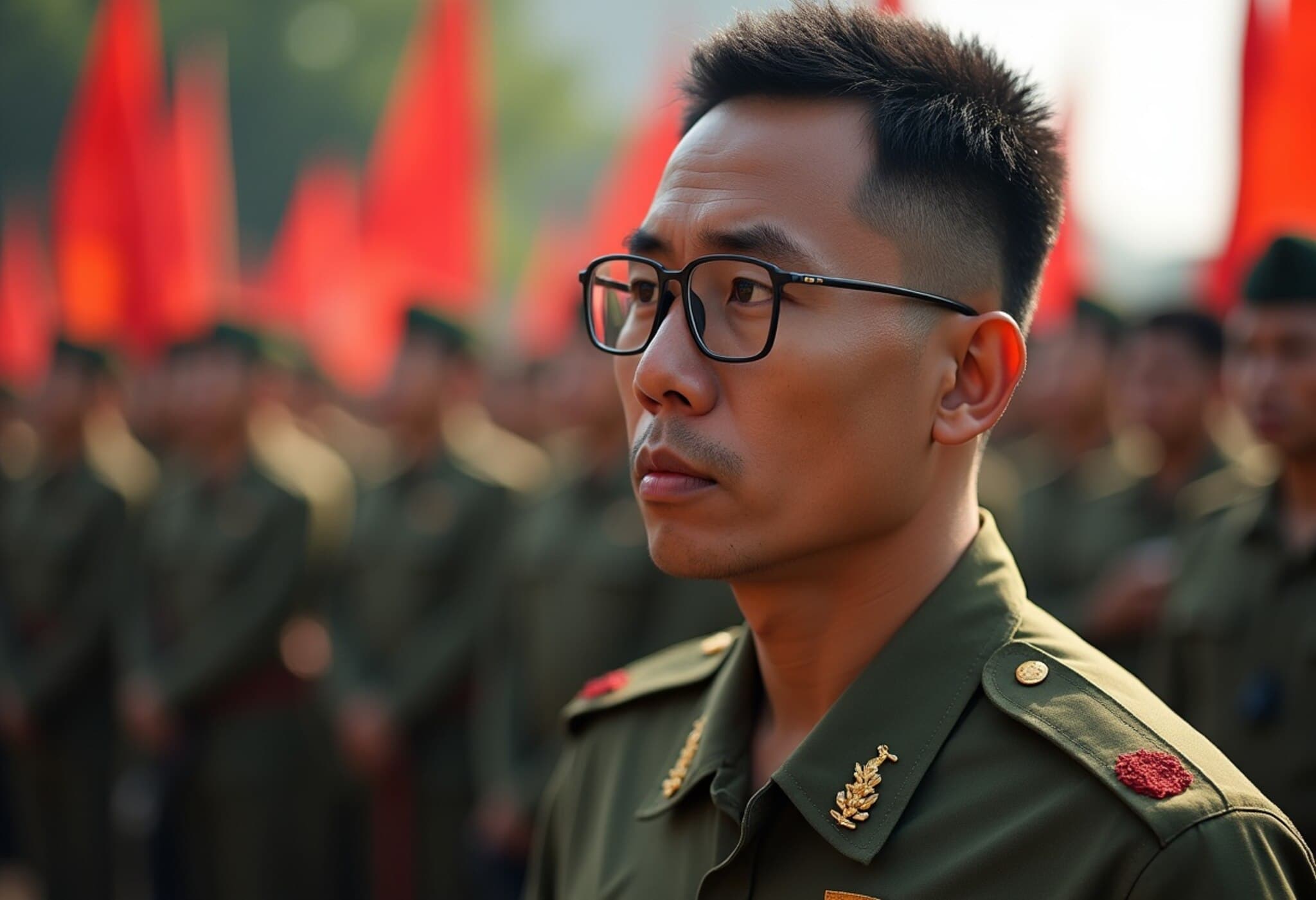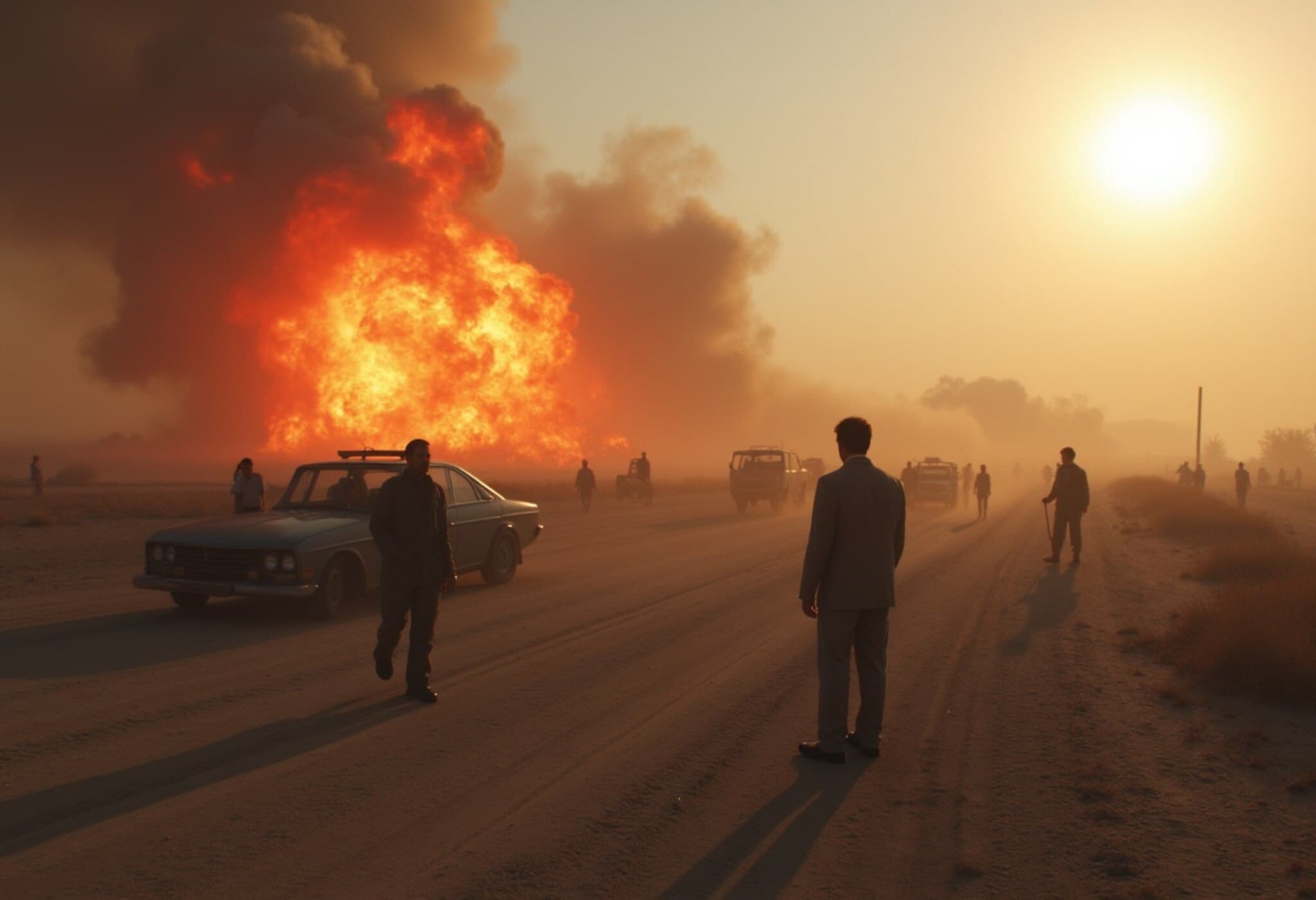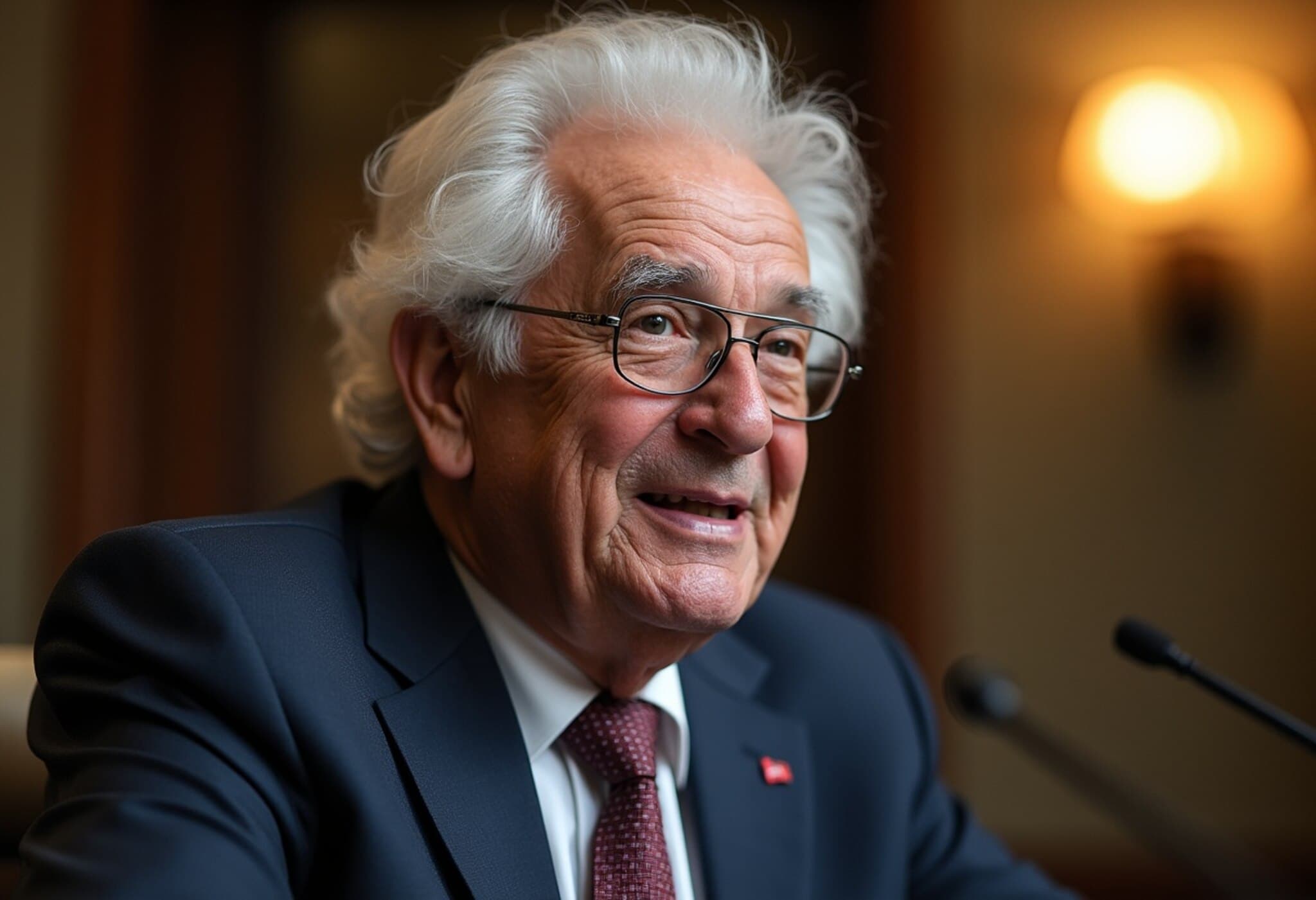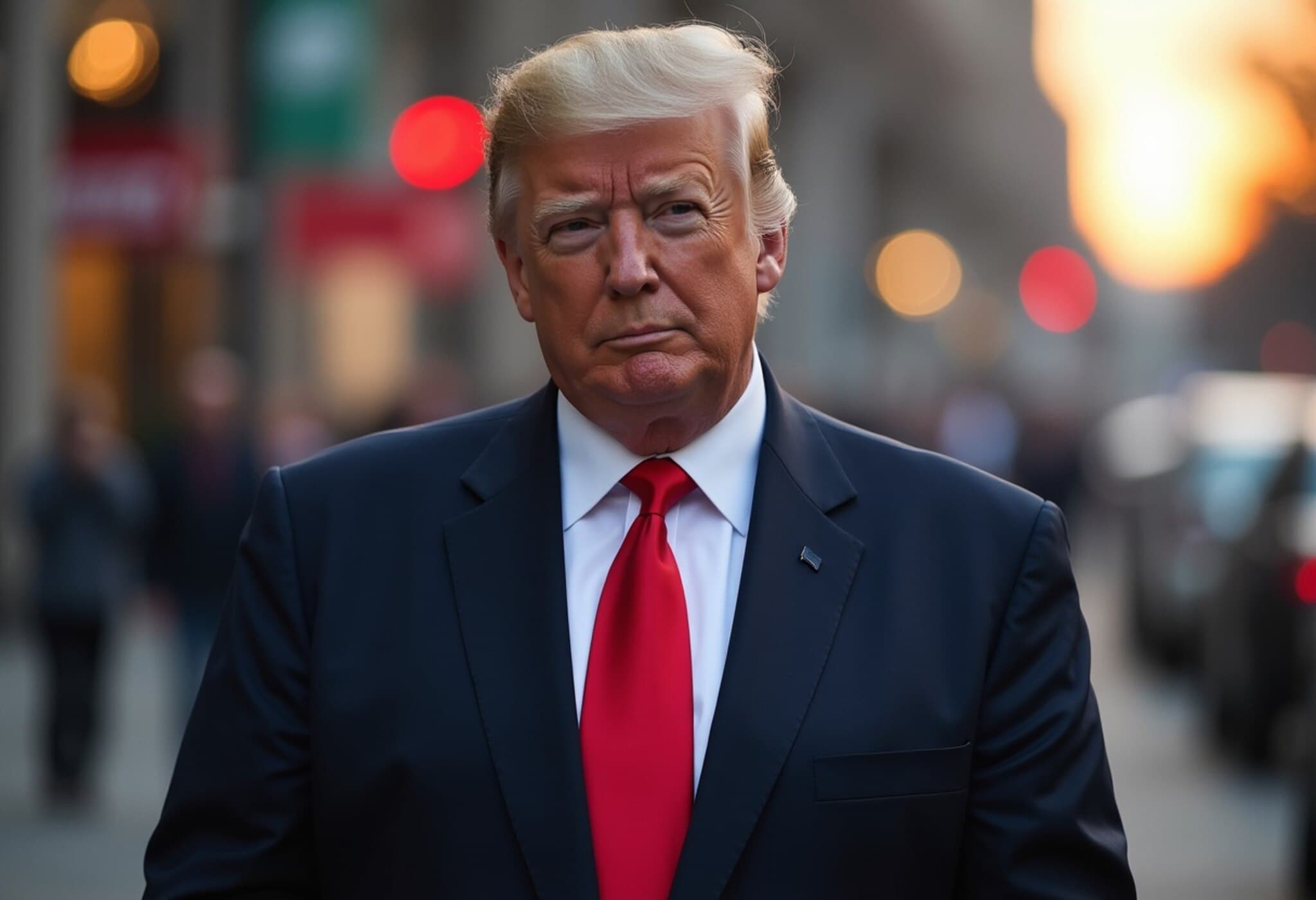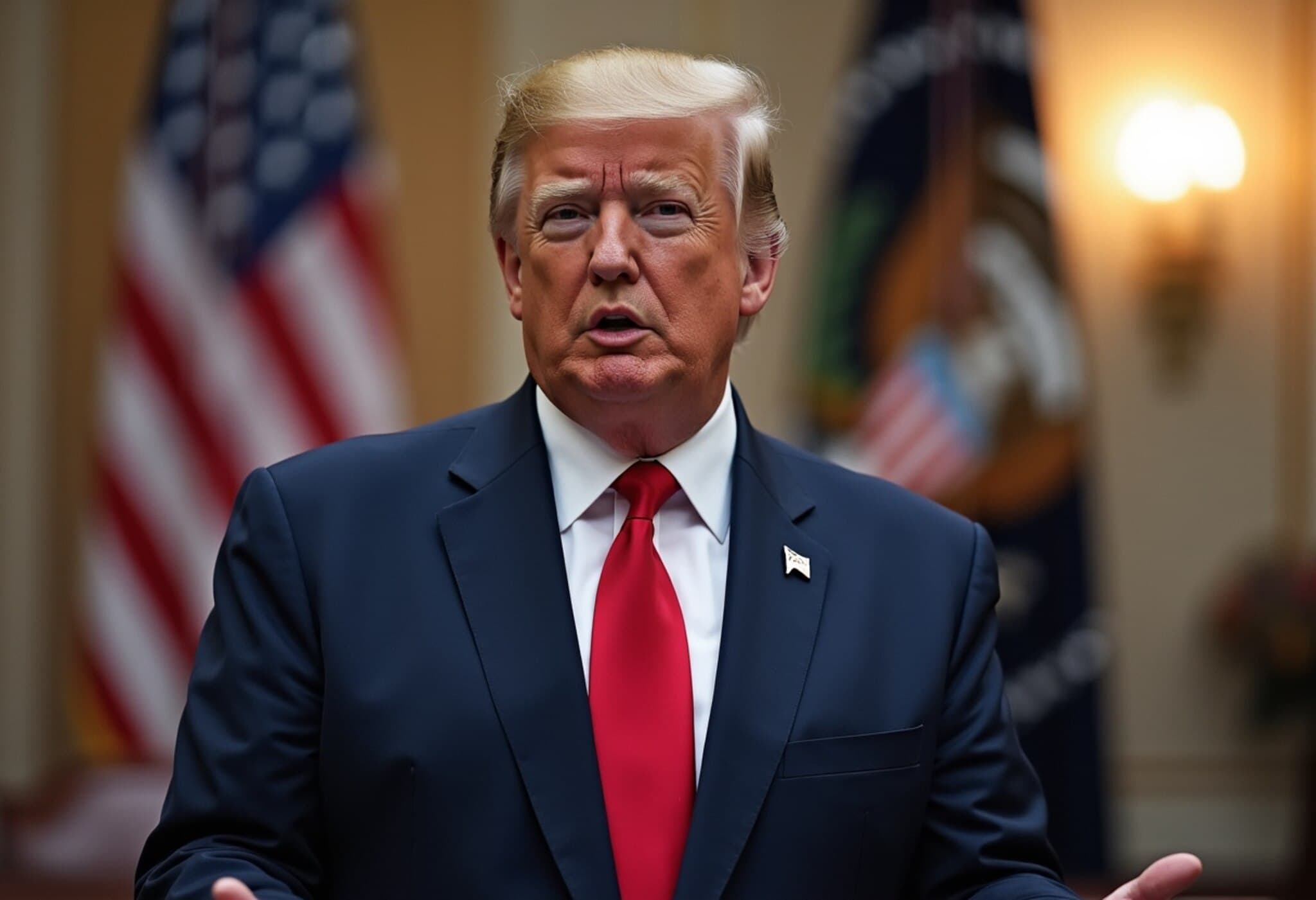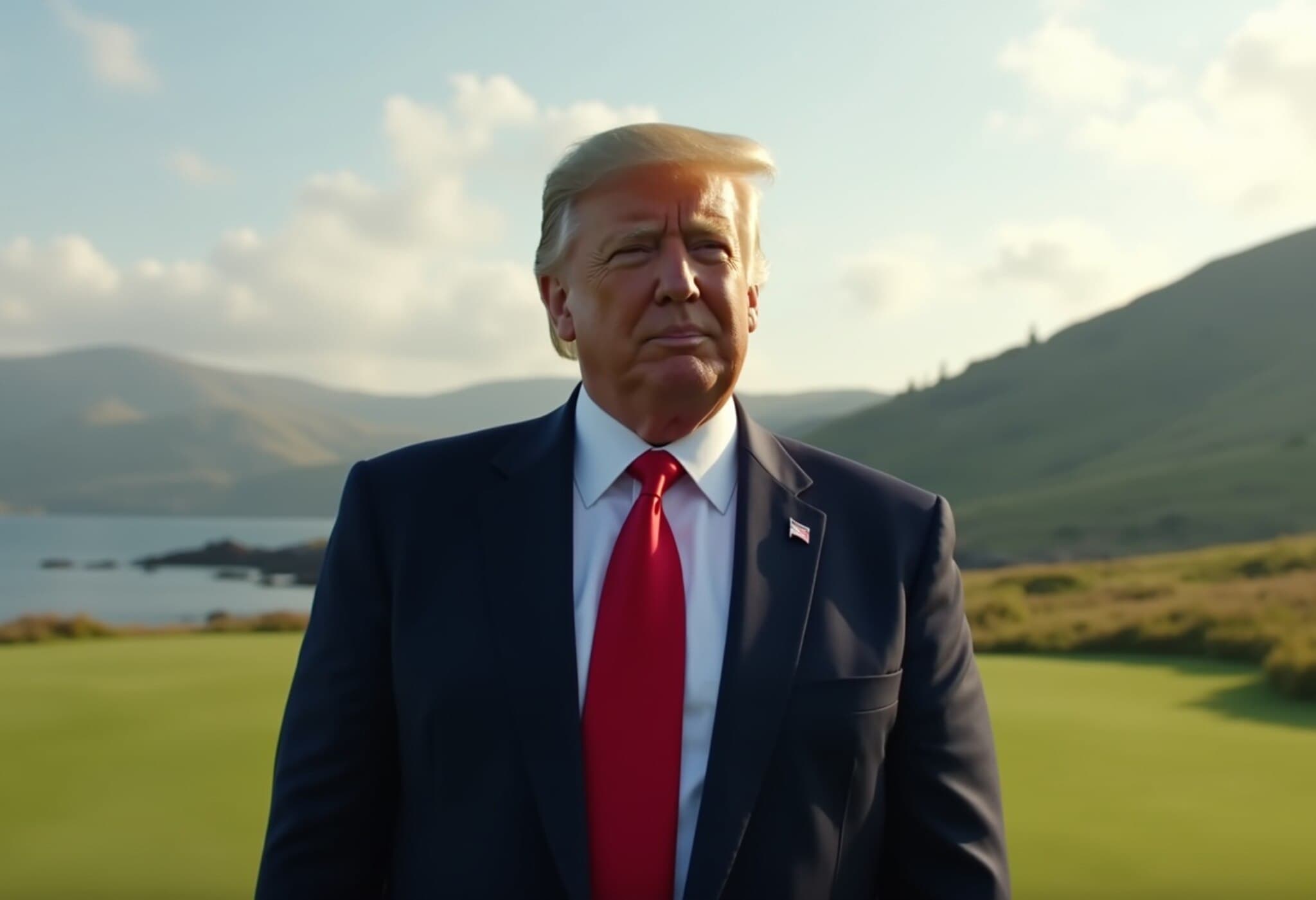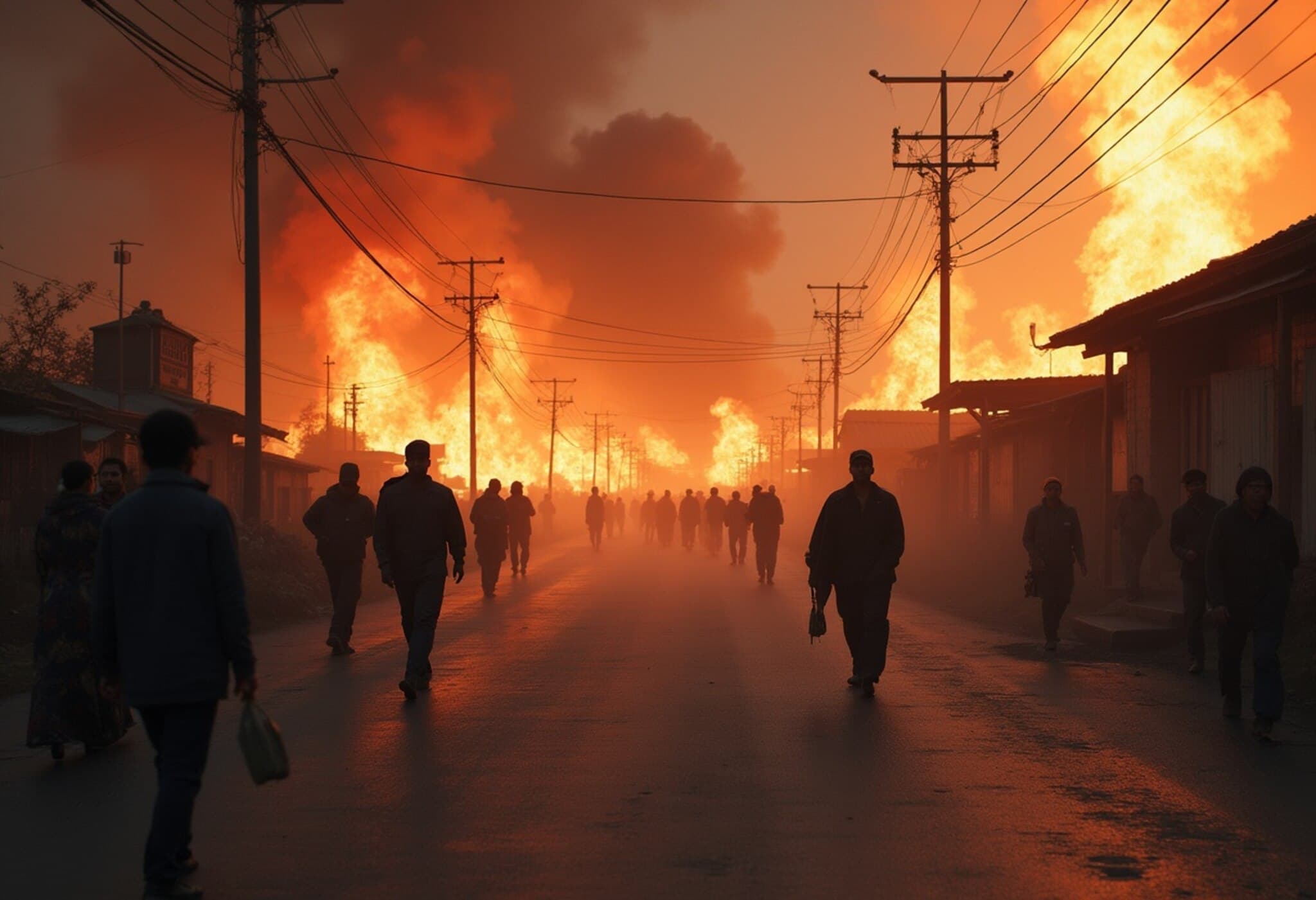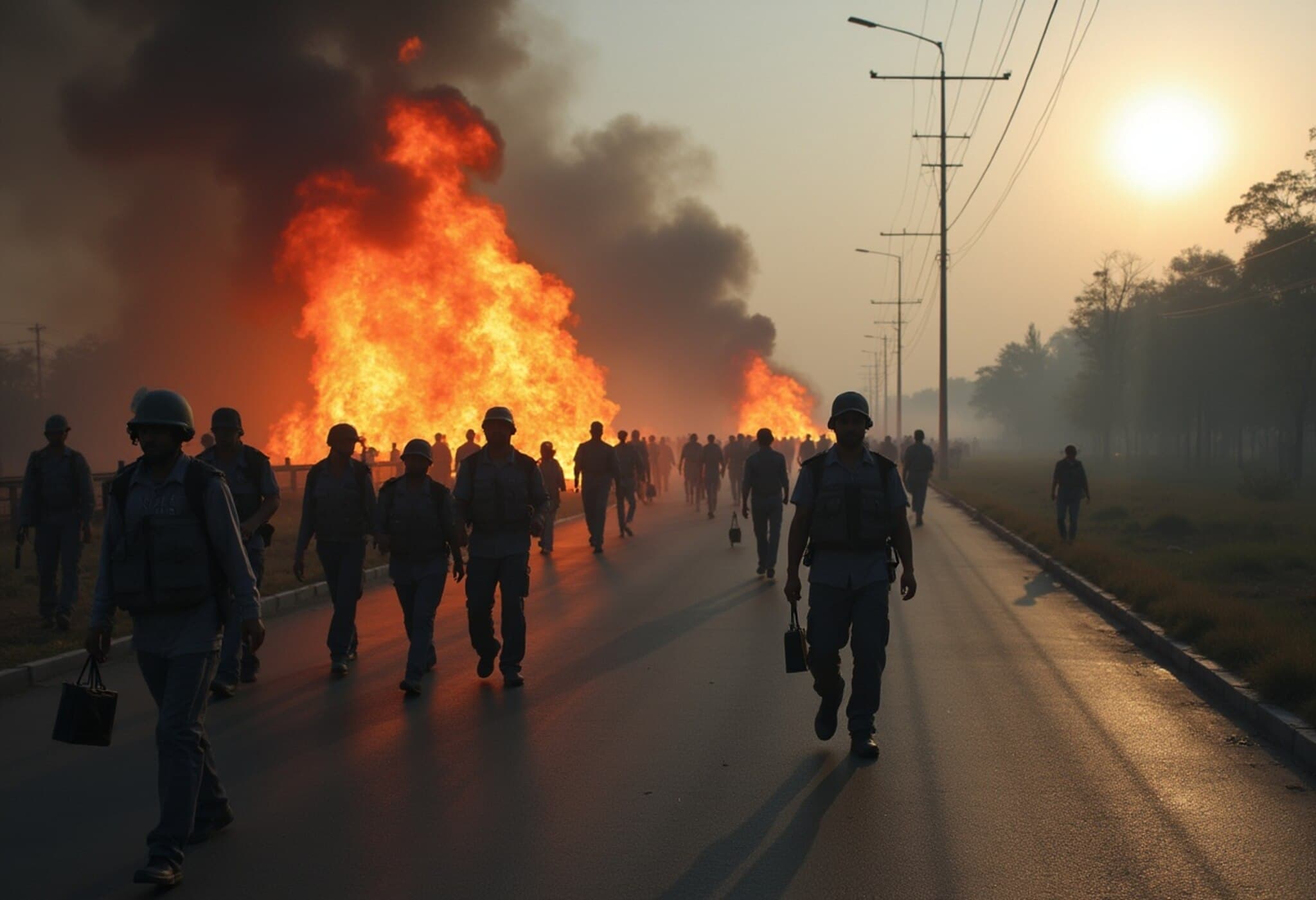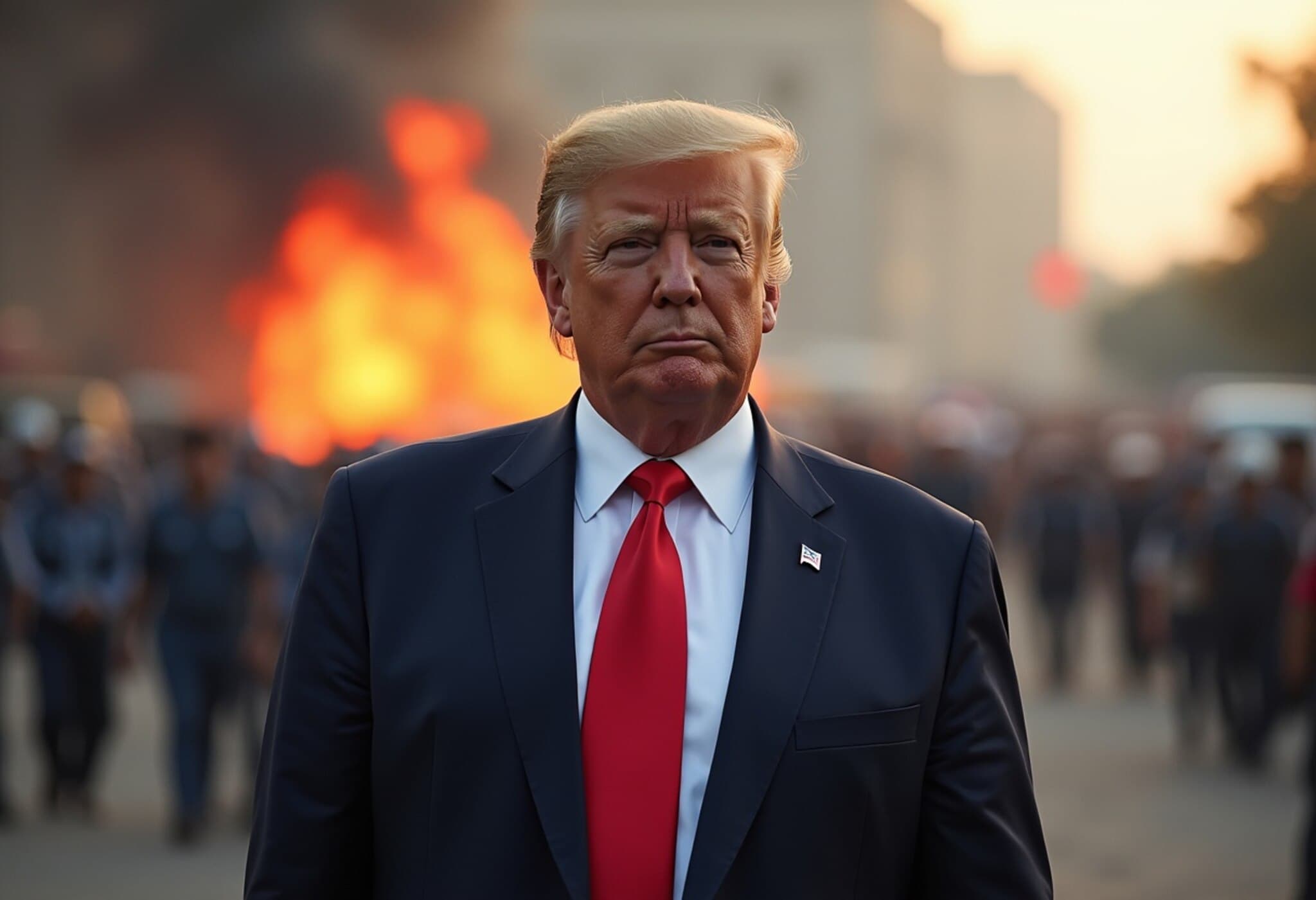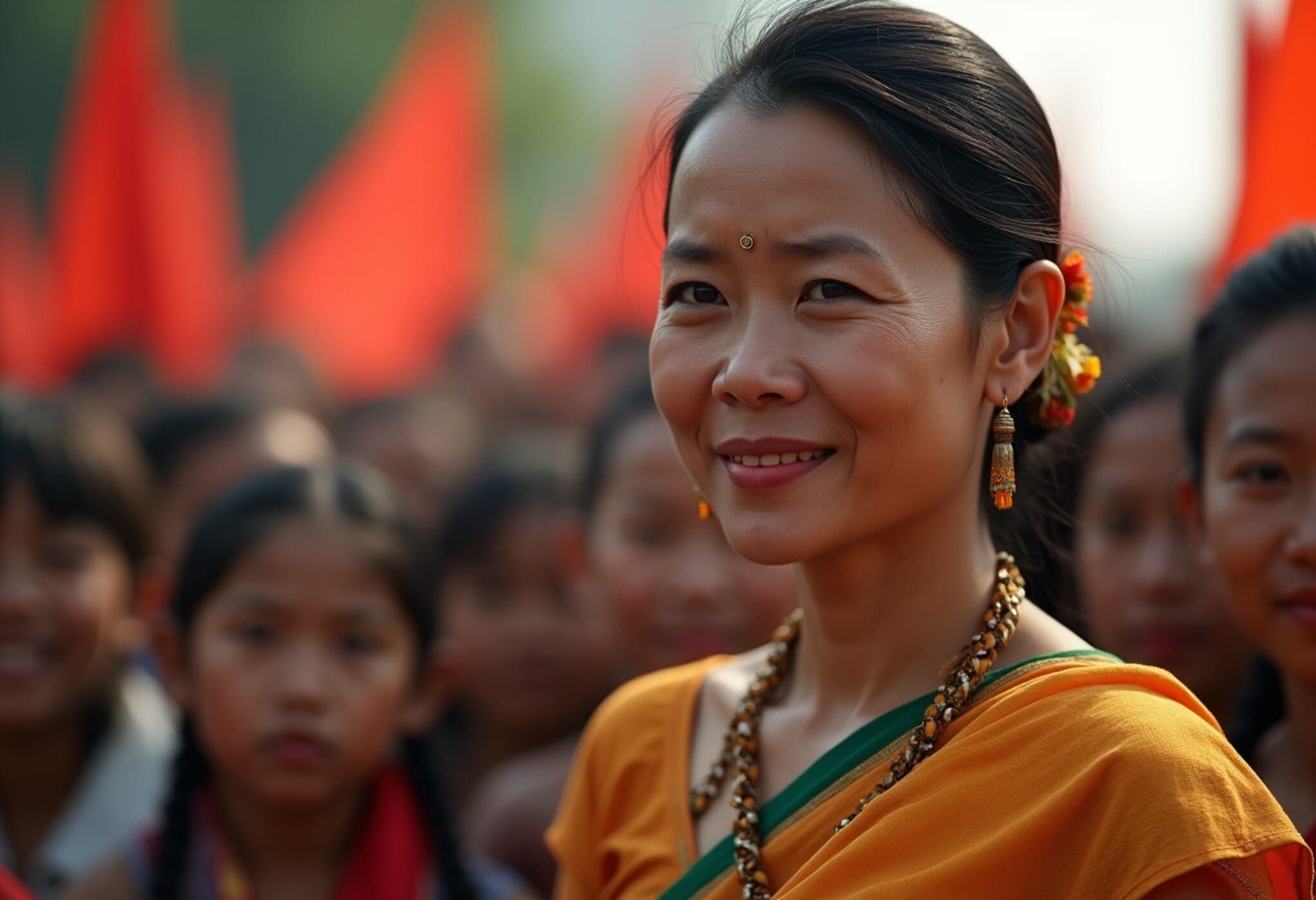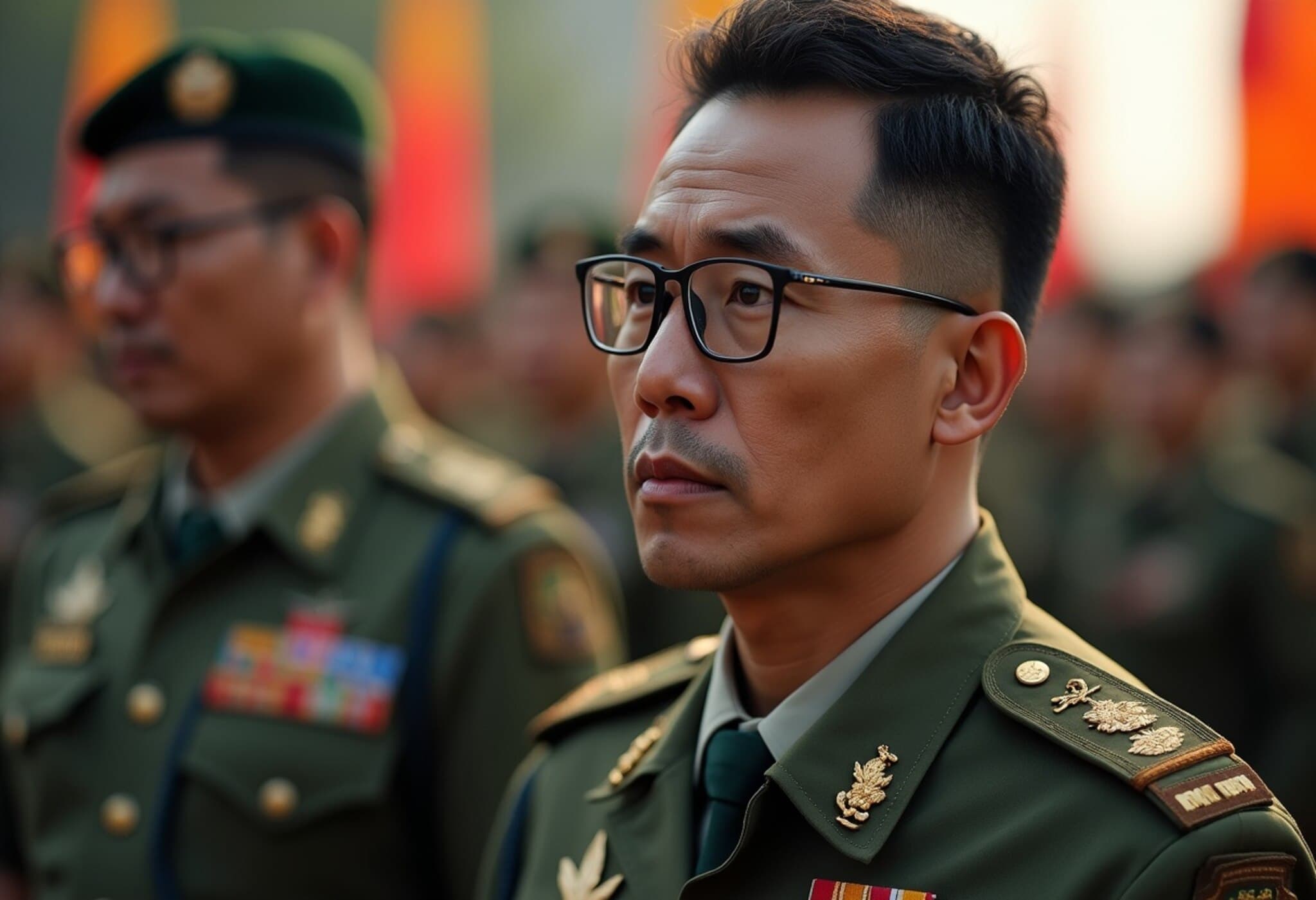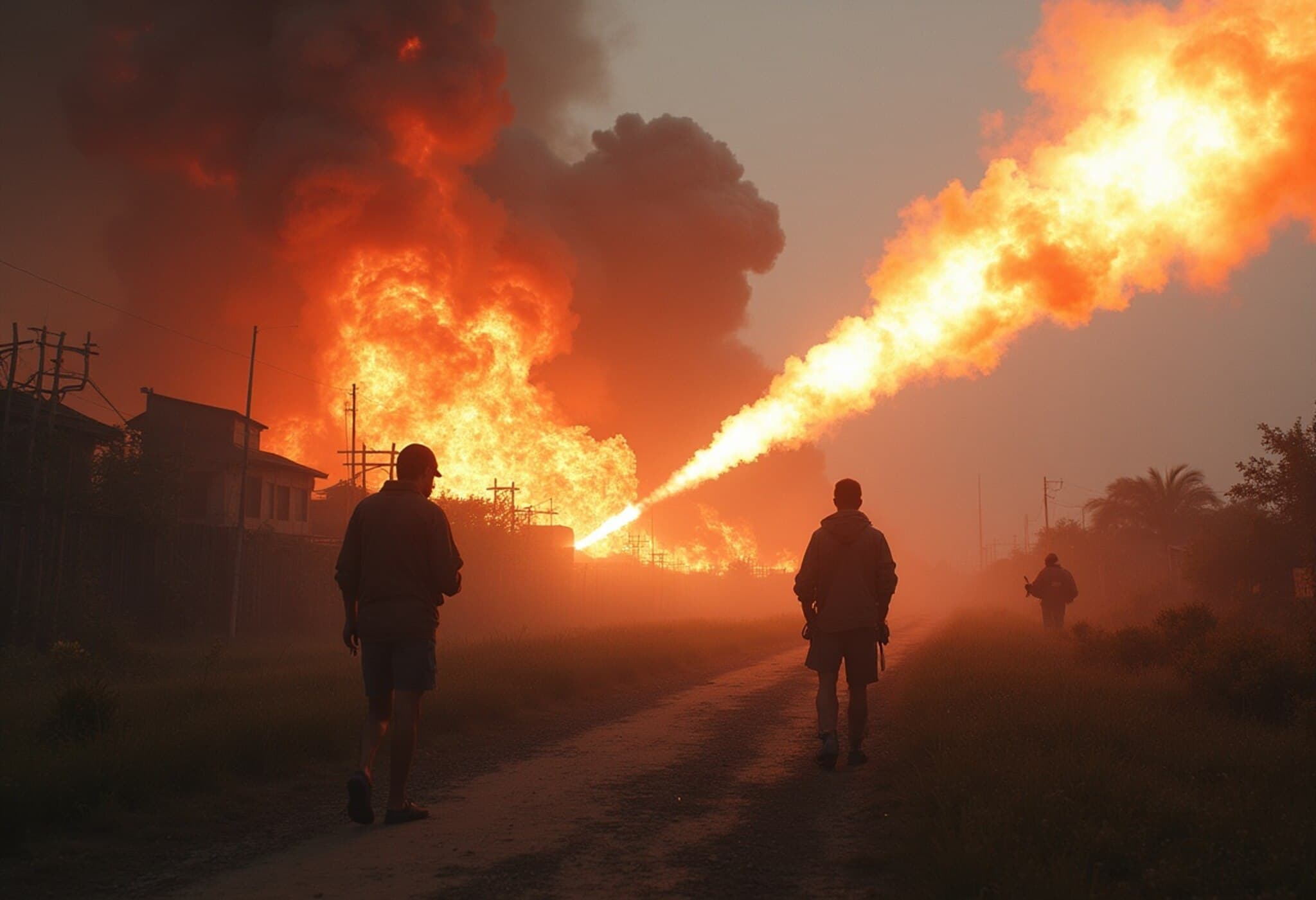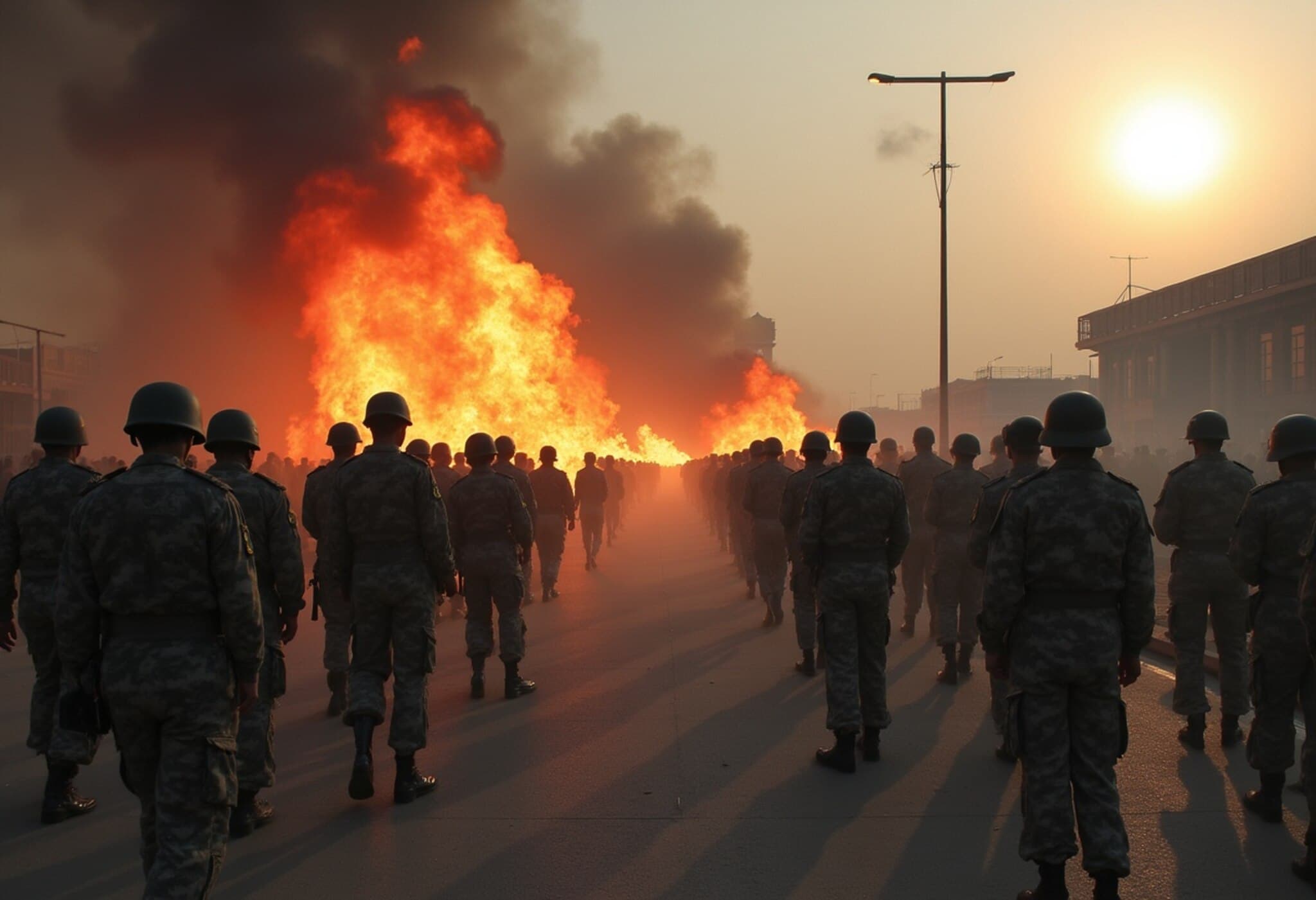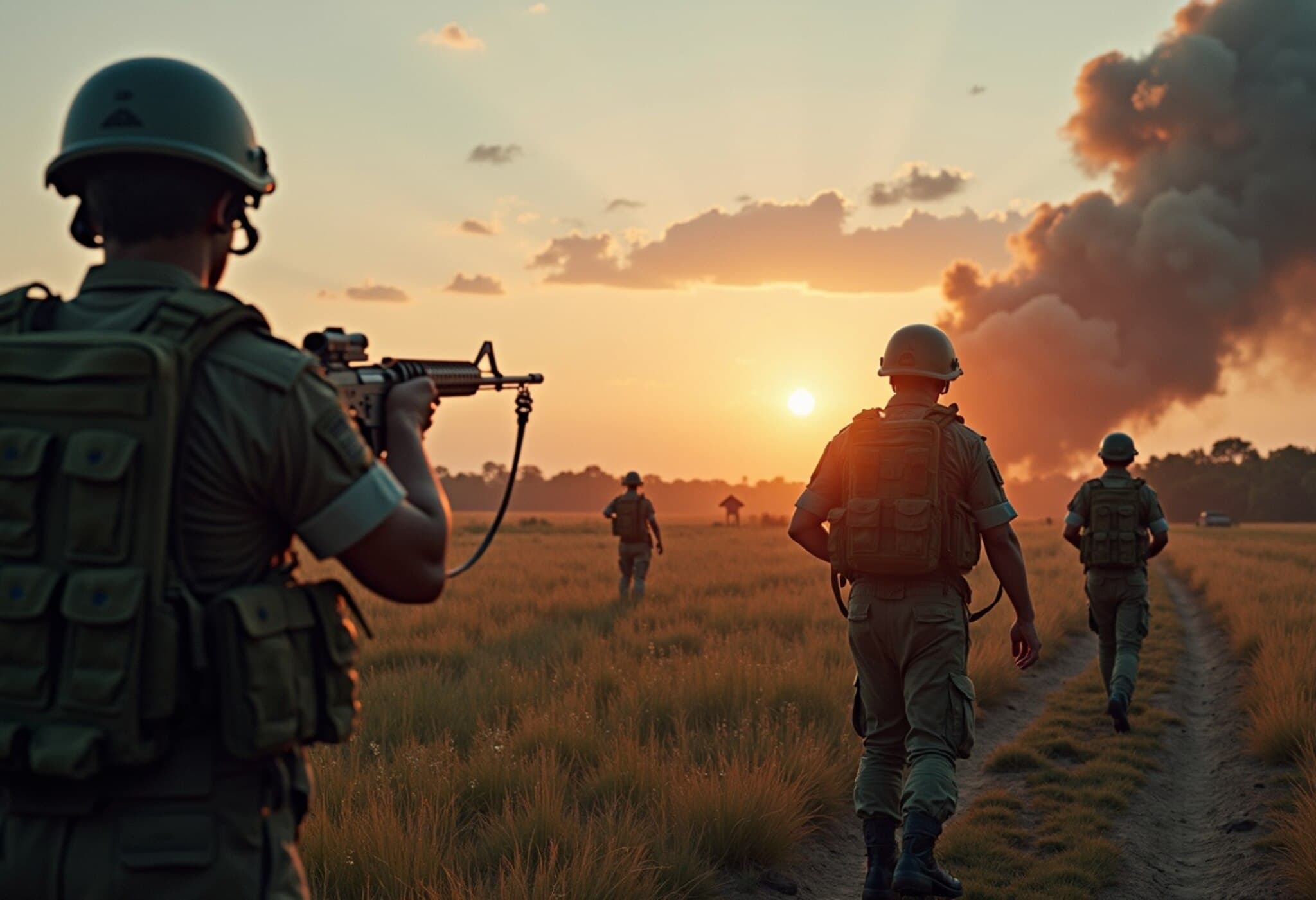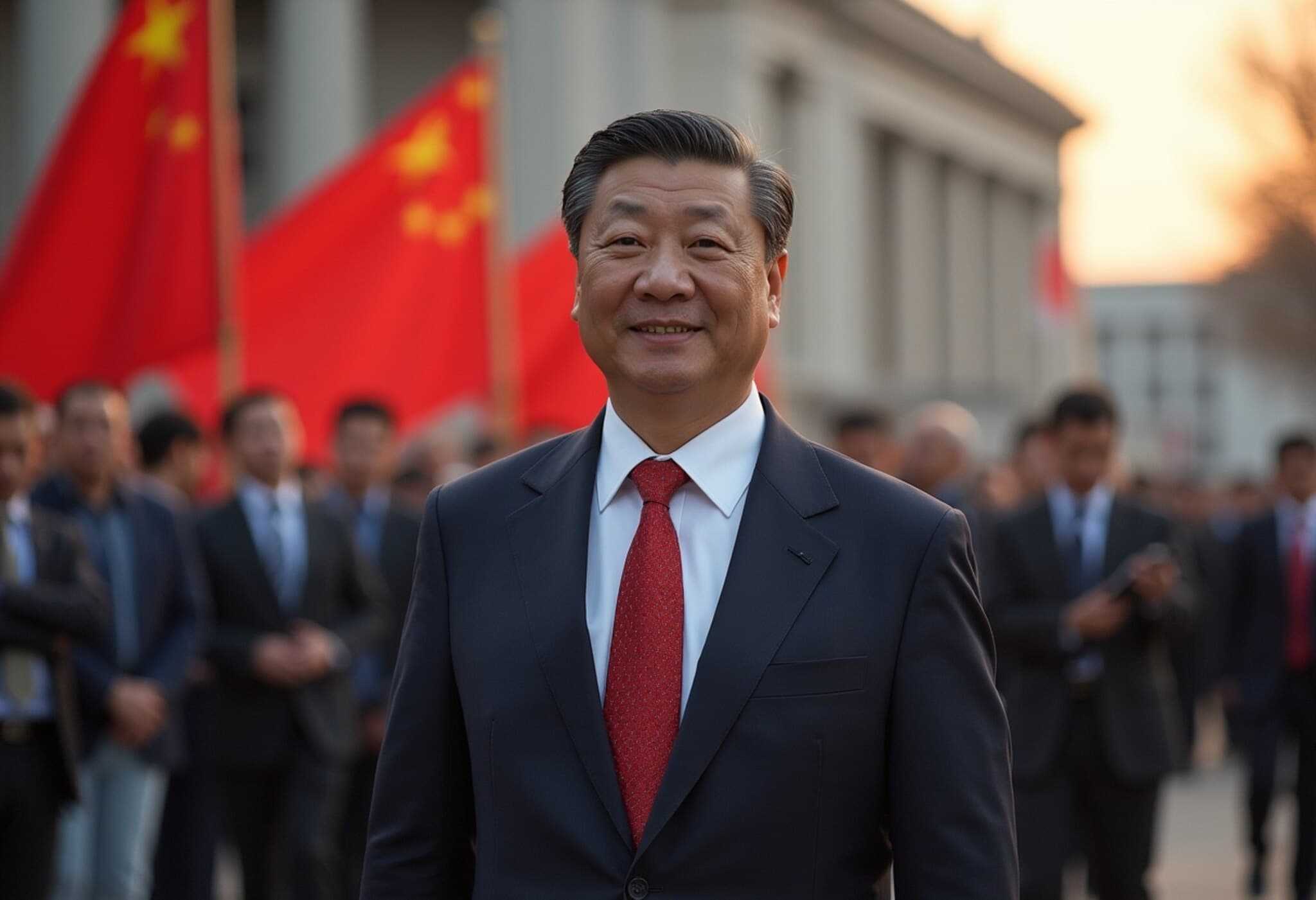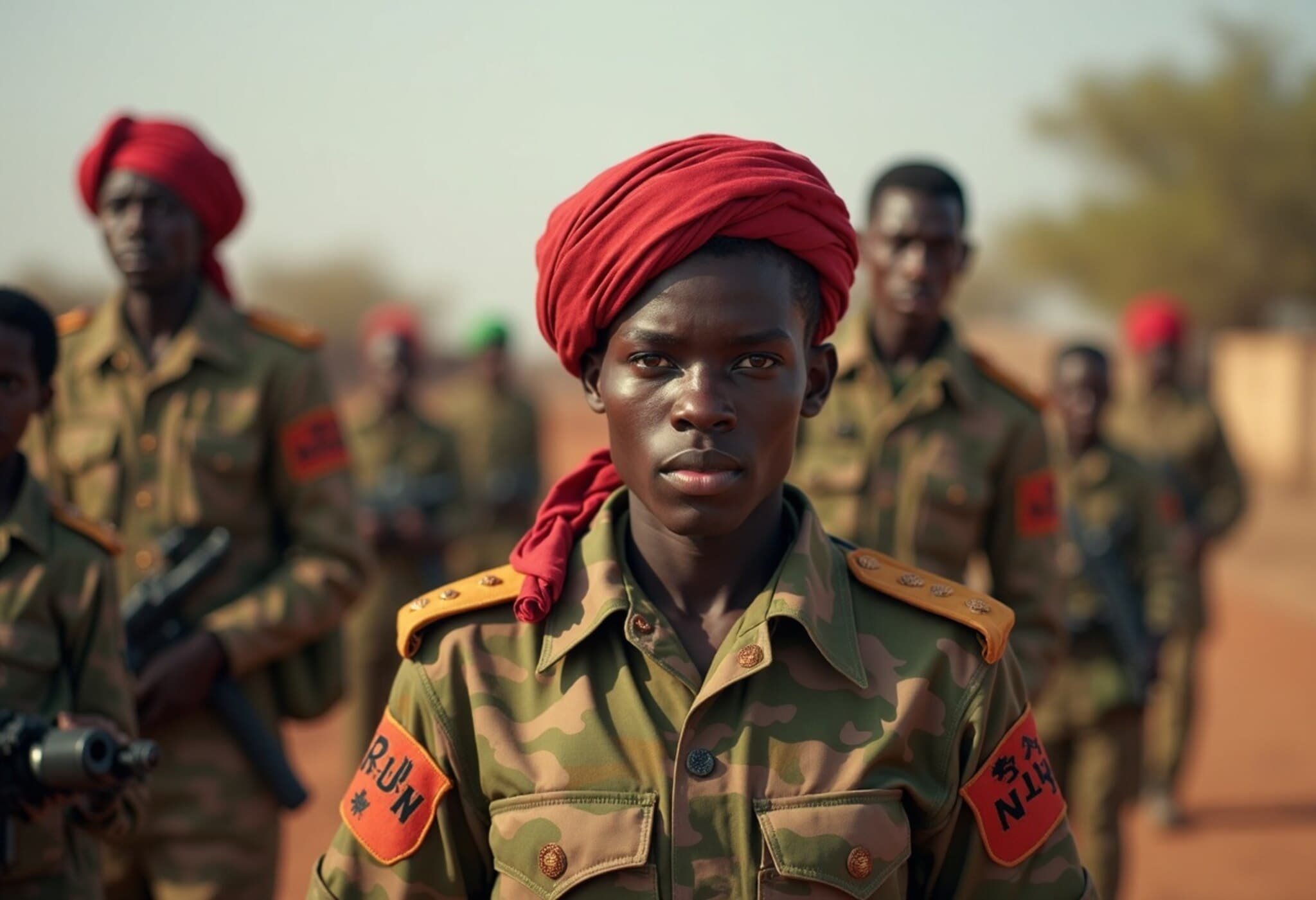Myanmar’s Military Government Enacts Draconian Law Targeting Election Dissent
In a move that has stirred international outrage and deepened fears of authoritarian entrenchment, Myanmar’s military junta has passed a stringent new election law that criminalizes any form of criticism or protest against its upcoming national polls. According to state media, individuals who challenge or seek to disrupt the electoral process now face severe punishments, ranging from lengthy prison terms to the death penalty.
The Law’s Provisions and Repercussions
Dubbed the Law on the Protection of Multiparty Democratic Elections from Obstruction, Disruption and Destruction, this legislation was officially enacted on July 29, 2025. The law broadly prohibits:
- Speech, organizing, or incitement that aims to undermine any part of the election process.
- Protesting or distributing leaflets opposing the election.
- Damaging ballot papers or polling stations.
- Intimidating or harming voters, candidates, or election officials.
Sentences are harsh, with individuals facing 3 to 7 years in prison for violating these provisions. Offenses committed by groups carry even heavier penalties, ranging from 5 to 10 years. The most stringent measure lies in the law’s death penalty provision, which applies if a death occurs during attempts to disrupt the election.
Context: A Conflict-Ridden Nation Rejects the Junta’s Election
Since the military coup in February 2021, Myanmar has plunged into a brutal civil war and political crisis. The junta’s planned elections later this year have been widely dismissed by opposition groups and the international community as an illegitimate effort to legitimize military rule.
Opposition factions, including the ousted elected lawmakers and pro-democracy advocates, have pledged to boycott the electoral process outright. Meanwhile, ethnic armed organizations and anti-coup guerrilla groups continue to resist the military’s control, fueling violence that has made large swathes of the country inaccessible to government forces.
Last year’s government census, critical for the electoral preparations, failed to cover approximately 19 million people out of 51 million nationwide, primarily due to security challenges in conflict zones. This incomplete data, coupled with the ongoing unrest, casts significant doubt on the feasibility and credibility of the upcoming vote.
International and UN Responses
The United Nations has been outspoken in condemning the junta’s election plans. Tom Andrews, special rapporteur on human rights in Myanmar, described the elections as a “mirage” designed to portray a facade of civilian governance. He urged the global community to reject the vote outright, highlighting the risks of legitimizing a government responsible for widespread repression and violence.
International observers and human rights groups have also criticized the new law for further suppressing free expression and political dissent, exacerbating Myanmar’s long-running democratic crisis.
Expert Analysis: What This Means for Myanmar’s Future
The legislation signals a chilling escalation in the junta’s approach to dissent. By combining harsh legal penalties — including the death sentence — with ongoing military operations, the regime is tightening its grip in a country already fractured by ethnic conflict and political resistance.
From a policy perspective, this law complicates potential diplomatic engagement. While the military presents the election as a pathway to peace and stability, the reality suggests an attempt to consolidate power through intimidation and legal control rather than consensus-building.
Experts warn that the entrenched conflict and widespread opposition mean the vote risks being neither free, fair, nor peaceful. Instead, it may amplify instability, inviting further armed confrontations alongside increased human rights abuses.
What Lies Ahead?
The weeks leading up to Myanmar’s scheduled elections are likely to be fraught with tension. Anti-coup forces may intensify their resistance efforts, while civilians face growing risks amid escalating crackdowns. The international community faces a critical choice: to confront or indirectly legitimise the junta's maneuvers through engagement or sanctions.
Key Takeaways
- The new law criminalizes election criticism, with prison terms up to 20 years and the death penalty in extreme cases.
- It further undermines free speech and political dissent amid a civil war and international condemnation.
- Many regions remain beyond junta control, rendering the election’s legitimacy highly questionable.
- UN and global observers reject the election as a sham, urging coordinated international response.

